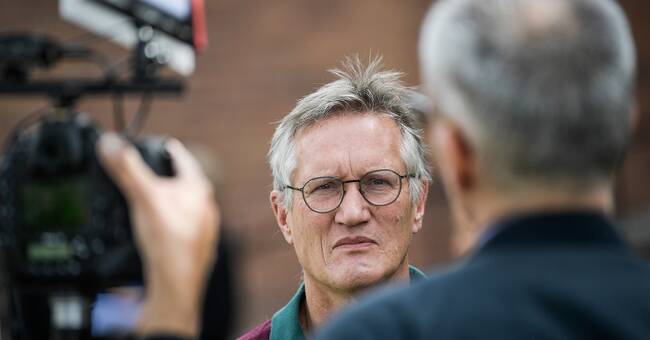One in six people between the ages of 18 and 29 did not take part in any news reporting at all about the coronavirus for two days in September.
This can be compared with March, when virtually everyone followed the news, according to an opinion poll from Science and the Public.
The study has examined 1,000 Swedes' media consumption and confidence in social institutions since the pandemic struck this spring.
- Overall, we see that there are more people who have not taken part in corona reporting at all today compared to March in all age groups, but this is especially clear among younger people, says Gustav Bohlin, researcher at Science and the Public, who was responsible for the study.
Have younger people stopped caring?
- It is interesting because it means that those who do not take part in information either think that they have heard it before and that it becomes annoying, or it is the case that they do not care and live on as before, says Lars Engstrand, Professor of the spread of infection at Karolinska Institutet.
It is supported by the spread of infection, he says.
- We have seen examples of that.
And our figures reflect this in percentage terms.
Precisely in the age group 18 to 29, we see the largest percentage increase in the samples we receive, especially in Stockholm.
'It is an act of solidarity'
The fact that younger age groups stop caring can have consequences for the spread of infection.
- You can never say that it is harmless.
It is an act of solidarity as well.
You may meet your older relatives that you do not meet everyday and then there is a risk that it is transmitted to the older generation, says Lars Engstrand.

